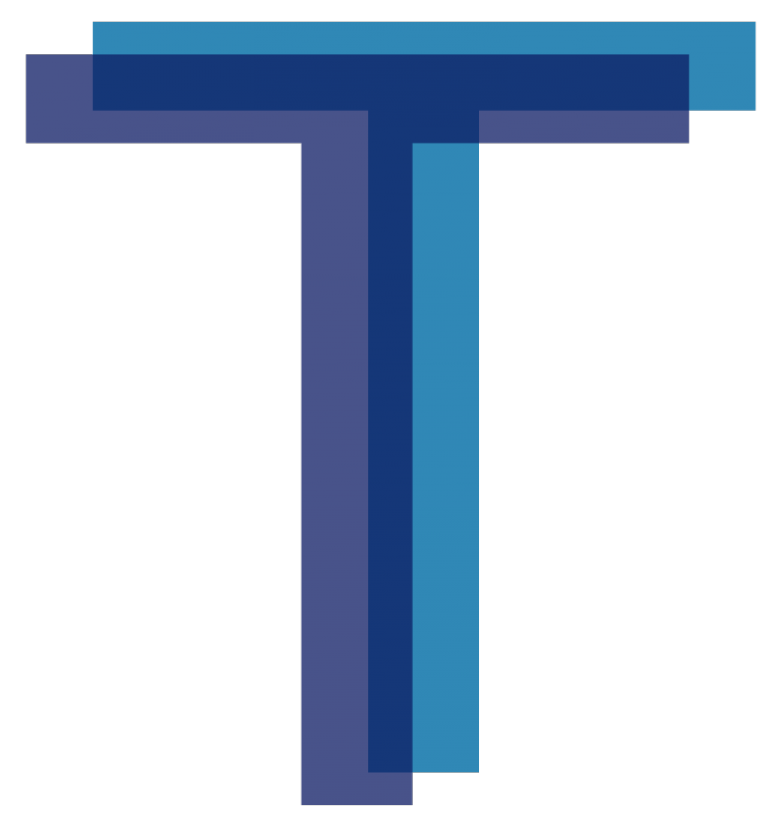The Free Market Foundation (FMF) was founded in 1975. The main focus of the South Africa-based think tank is the promotion of economic and individual liberty in South Africa and beyond. According to the FMF, it was founded to “promote and foster an open society, the rule of law, personal liberty, and economic and press freedom as fundamental components of its advocacy of human rights and democracy-based classical liberal principles”. Until recently, the FMF was directed by Leon Louw, the founder and longtime president. However, at the end of June 2022, he stepped down following internal turmoil over how to best position the organization politically. Some staff and board members are affiliated with the Mont Pelerin Society, a global network of neoliberal intellectuals who actively and strategically promote free market principles and ideas around the world. Eustace Davis, Administrative Director of the FMF, joined the Mont Pelerin Society in 1984 and has since become a designated life member. FMF co-founder and former executive director (1975-2022), Leon Louw, has been a member of the society since 1978.
The Free Market Foundation has very close ties with other think tanks in the Atlas Network, an umbrella organization that links more than 500 think tanks across the world. What connects these think tanks is the same neoliberal ideology rooted for example in the Austrian economics framework of Friedrich Hayek and the libertarian ideas of Ayn Rand. The case of the Free Market Foundation illustrates very well how different think tanks within the network are connected to each other. To give an example, Deputy Director (and Project Manager) Chris Hattingh is a Senior Fellow at African Liberty in South Africa and additionally acts as the Deputy Head of Campaigns at the South African Institute for Race Relations. Unsurprisingly, both of these think tanks are part of the wider Atlas Network. The Free Market Foundation is further linked to a US-American Atlas think tank, the Consumer Choice Center.
Previous research conducted by the University of Bath has revealed close ties between the FMF and the tobacco industry. The FMF defended tobacco marketing against efforts to restrict advertising. The research project Tobacco Tactics showed how the FMF was part of an appeal to the World Health Organization opposing plain packaging for tobacco products in 2016. Since the publication of the research, the think tank no longer discloses its funding. However, the British American Tobacco South Africa (BATSA) was shown to be a “senior corporate member” of FMF from 2000 onward.
Another controversial aspect around the FMF is the think tank’s stance on climate change, the causes of global warming, and how to best address the issue. On their website, connections to the Heartland Institute – a free market think tank at the forefront of denying manmade climate change – become apparent. Economist Charles W. Baird, one of the academic advisors to the FMF, happens to also be an academic advisor to the Heartland Institute. The FMF refers to the institute in many of their blog posts which further shows the FMF’s ideological proximity to The Heartland Institute, another member of the Atlas network.
Based on our analysis of the FMF’s publications around energy issues between 2001 and 2022, specific narratives can be identified that fall within the climate change denialism agenda. First, the think tank repeatedly promotes the idea that free competition within the South African energy sector is needed in order to best combat climate change and its consequences. Within this narrative, the fossil fuel industry as well as nuclear energy are considered crucial factors for the prosperity of South Africa. In 2019, then executive director Leon Louw, stated that “for our prosperity, we require large coal and nuclear power investments, supplemented by renewables at competitive prices, on a level playing field.” Generally, the FMF takes a strong stand against government regulation and intervention within the energy sector. Lisa Harraway, a former researcher for the Free Market Foundation, argued in a 2014 blog post on British energy policy that it is both the national government’s green target policy as well as EU bureaucracy which are driving up energy prices in the United Kingdom. In her line of argument, which reflects many other blog posts by the FMF, “pressure on retail margins ensures the presence of a healthy, competitive electricity market”. In this regard, the think tank also addresses the deregulation and privatization of electricity generation, with the demand to dissolve ESKOM, the South African electricity public utility.
In other blog posts of which many are re-posts of other sources on the FMF’s website – the narrative that renewable energies were too expensive and are thus not suitable for the poorest in the society is dominant. One can find this renewable energy critique (REIPPP critique) coupled with a defense of coal. In this, the FMF refers to the Australian case and criticizes its move away from coal towards renewables mainly with the argument of rising costs. The FMF continuously argues that South Africa needs as much energy as possible, regardless of where the energy may come from whereas renewable energy sources are consequently portrayed as being by far the most expensive ones. Leon Louw goes even further in his REIPPP critique, questioning if renewable energy sources are even green at all.
In 2018, Martin van Staden, South African Policy Fellow of the Consumer Choice Center and Head of Legal Policy and Research of the Free Market Foundation, published the FMF’s “Submission to the Department of Environmental Affairs on the Draft Climate Change Bill“ in which van Staden called on the South African government to withdraw the Climate Change Bill. Amongst the reasons for the think tank’s opposition to the bill was that the idea of carbon budgets “poses a threat to personal liberty and economic development while itself simultaneously suffering from too wide discretionary and law-making powers”.
As dominant as the free market agenda is in articles published by the Free Market Foundation, one can also find rather blatant statements in support of climate change denialism. Already in the earlier years, the FMF republished a number of articles such as “Scientists do not agree that humans cause global warming” or “Climate alarmists will not help Africa”. In the latter, the author suggests that climate change is not undesirable from an African perspective per se and questions if the African continent is already experiencing any consequence of climate change and global warming. He states that “predictions of adverse effects of global warming on water supplies, floods and droughts […] are completely unfounded” and closes by warning against possible “casualities of the war on global warming”. A 2019 republished article authored by Dr Oliver Hartwich, a research fellow at the International Policy Network states alarming assumptions questioning long-standing scientific facts. Though Hartwich recognizes the correlation between climate change and the decline in harvests, he states that “it is unreasonable to assume that climate is the dominant, let alone the only, factor” for causing bad harvests on the continent.
Chris Hattingh further doubts science when he wrote in 2019 about the uncertainty of “whether increased quantities of CO2 in the atmosphere have negative or positive effects”; “whether humans are capable of having any significant influence on climate – either to bring about a worsening of conditions or an improvement” and “whether absolutely reliable predictions about future climate conditions are possible”.
Most of the content on climate change has been reposted from U.S. sources, which suggests thinking of the FMF as an amplifier of U.S. denial forces. At the same time it is difficult to estimate the reach of the FMF and to assess FMF influence on policymakers and society in South Africa. They refer to themselves as “Africa’s oldest and most influential independent economic policy institute” and claim to have had major influence on the negotiation process of the constitutional settlement. Their participation in the 1987 Dakar Conference, the conference between the Institute for Democratic Alternatives in South Africa (IDASA) and the African National Congress (ANC), crucial for debating the future of a free South Africa, can be one indicator of their past influence on South African politics. Though it is difficult to estimate their current influence on South African politics, media reporting on the Free Market Foundation is quite consistent. Wide-reaching news outlets such as the Daily Maverick, the Sunday Times, or the Mail & Guardian include FMF voices in their reporting on South African politics regularly and give a platform for their policy assessment. In 2021, the Global Go To Think Tank Index Report 2020 after all ranked FMF at place 22 of 94 think tanks in Sub Sahara Africa. In conclusion, there are many examples showing the climate denialism agenda of the Free Market Foundation. For the more moderate arguments, a general double strategy can be identified. In some publications, the FMF defends fossil fuels and rejects and criticizes renewable energies. However, within the free market logic, some authors also call for an energy market where competition between fossil fuels and renewables (against ESKOM) is encouraged. The blatant climate denialism statements that can be found again and again over the years are particularly alarming as they simply deny science.


